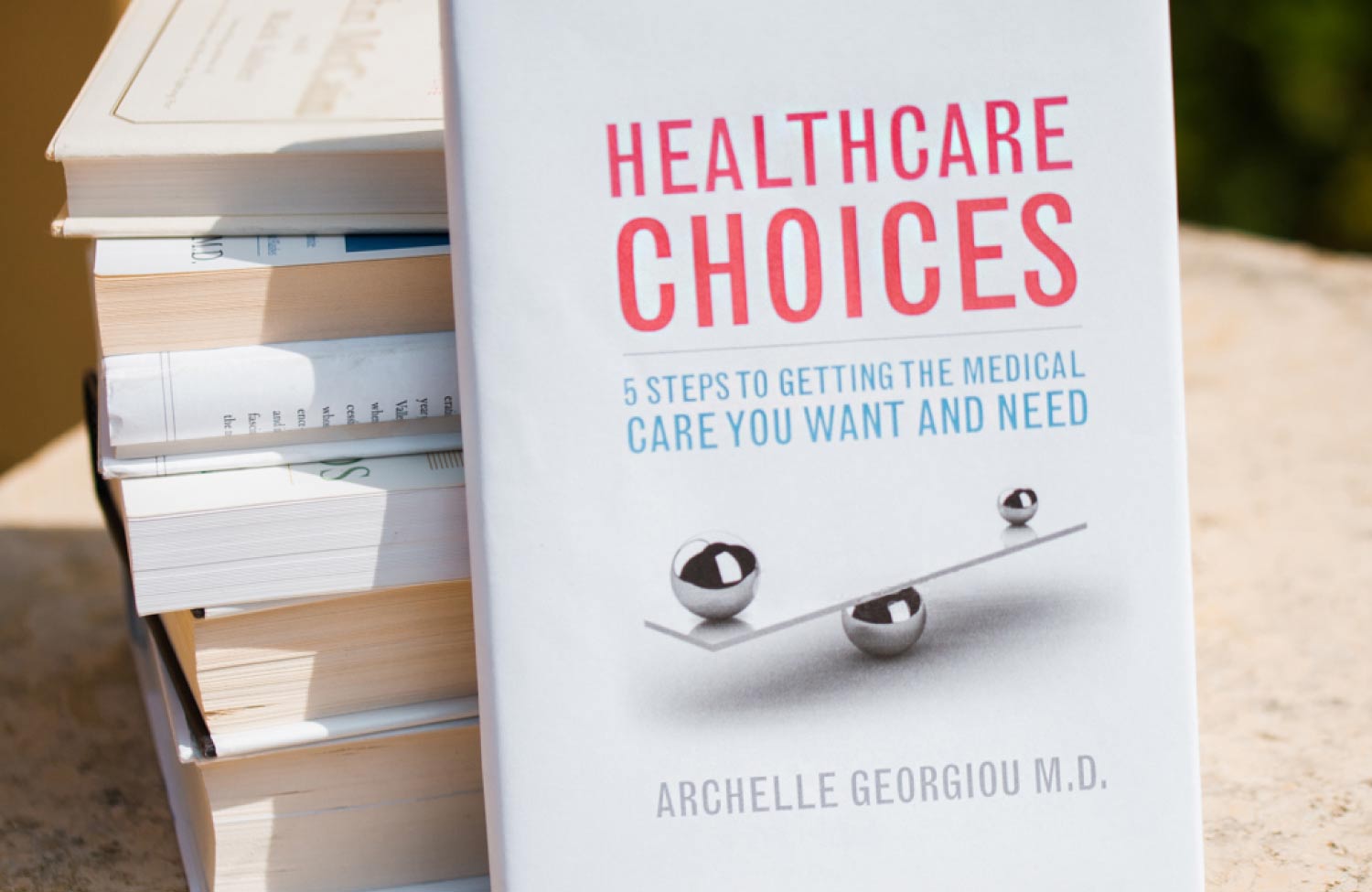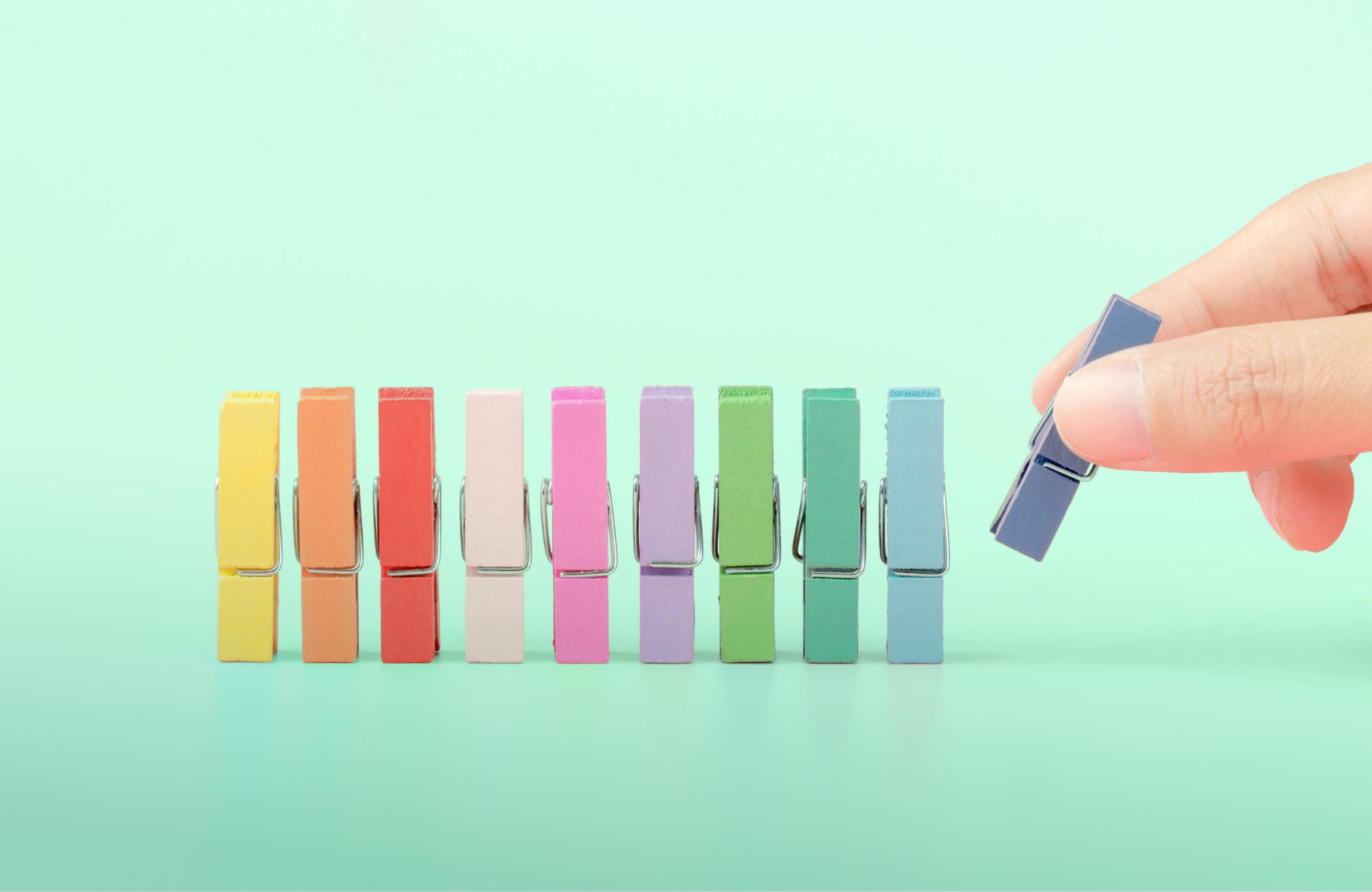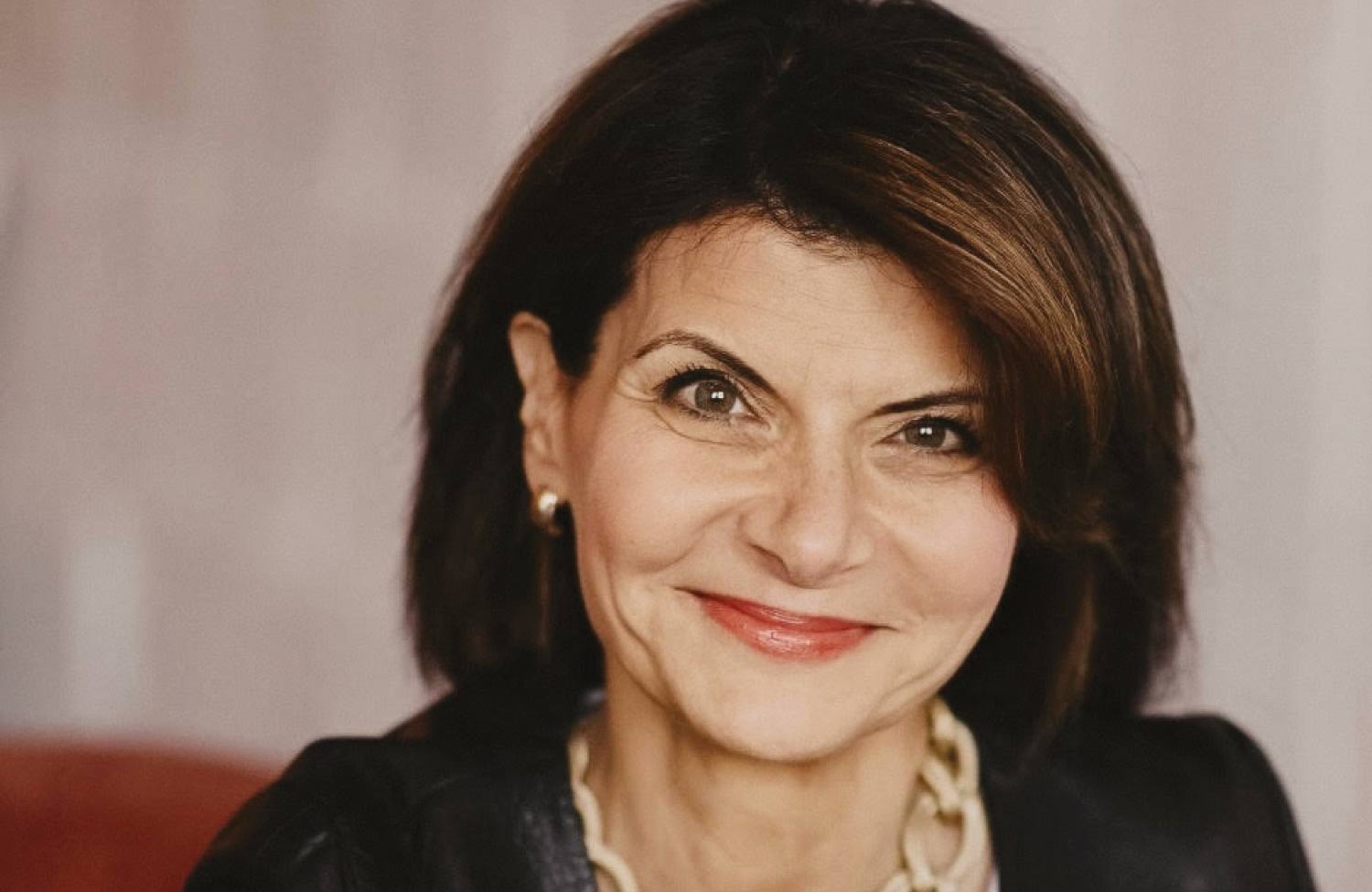In the second part of the conversation between Revel CEO, Jeff Fritz and noted physician and consumer advocate Archelle Georgiou, MD, the two talk about how data and other trends in healthcare will affect consumers. They also talk about tips for people to get the best care possible.
Miss the first post? You can find it here.
JF: I’d like to switch gears here and talk about what consumers can do to achieve better healthcare. You’ve written about that in your book, but in a nutshell what types of information should consumers be absorbing to make better healthcare choices?
AG: I’m so glad you asked that question. First of all, they need to understand their condition and the “so what” of their diagnosis. Too often, people think they know the facts about their diagnosis, but they don’t. Then, it’s vital to know the evidence regarding the different treatment alternatives, and the pros and cons of each one.
As I was saying earlier, there is no substitute for figuring out our own preferences, values, propensity for taking risk and ultimately, what healthcare choices give us peace of mind. But, we haven’t been taught how to do that.

That’s why I wrote the book – Healthcare Choices: 5 Steps to Getting the Medical Care You Want and Need – to give people a manual, a guidebook that shows them how to actively participate in making healthcare decisions instead of simply asking a doctor, “What would you do?”
JF: That’s great advice. What kind of information would you like consumers to avoid?
AG: First, stay away from Doctor Google. The internet is an incredible resource of information but needs to be used to identify credible, evidence-based sources. So it’s important to identify the best sites first before searching for condition-specific information. Don’t Google your condition and then use the top page results.
Also, try to avoid making decisions based on your personal biases. This is really hard, but you can’t count on the experiences of family or friends to impact your decisions. We are all individuals and it’s important to protect yourself from having blinders on when thinking about your healthcare. Your parent or friend may have had great experiences with a certain medication or treatment, but that doesn’t mean it’s the right choice for you.
JF: Bias is so hard to identify for all of us. But when you have good data, it’s hard to argue against. Technologies are delivering some great new information for consumers that can really help with healthcare choices. What consumer technologies do you think are enabling us to make better decisions about our care? I know the answer isn’t more apps!
AG: I’m really excited about passive sensors. I think they provide a huge opportunity because they don’t require a change in behavior. You can install and implement them without interfering with how someone lives their life.
For example, there are passive sensors that you can place in a home to make it safer for older individuals to stay at home rather than needing to transition to a senior living facility. Passive sensors in the carpet can sense a fall; sensors on a refrigerator door can be used to monitor if someone is eating.
All of these sensors ultimately depend on having sophisticated analytics and communication systems that notify caregivers when behavior strays from the norm.I also think tools like Alexa are exciting, and I can’t wait for more ways to incorporate artificial intelligence into our lives. I think it will be extremely helpful on a day to day basis, and provide some incredibly valuable data.
JF: Thank you, Archelle so much for sharing your insights on the future of data driven healthcare, health engagement and the exciting opportunities in front us to make healthcare better with new thinking and modern technology.



